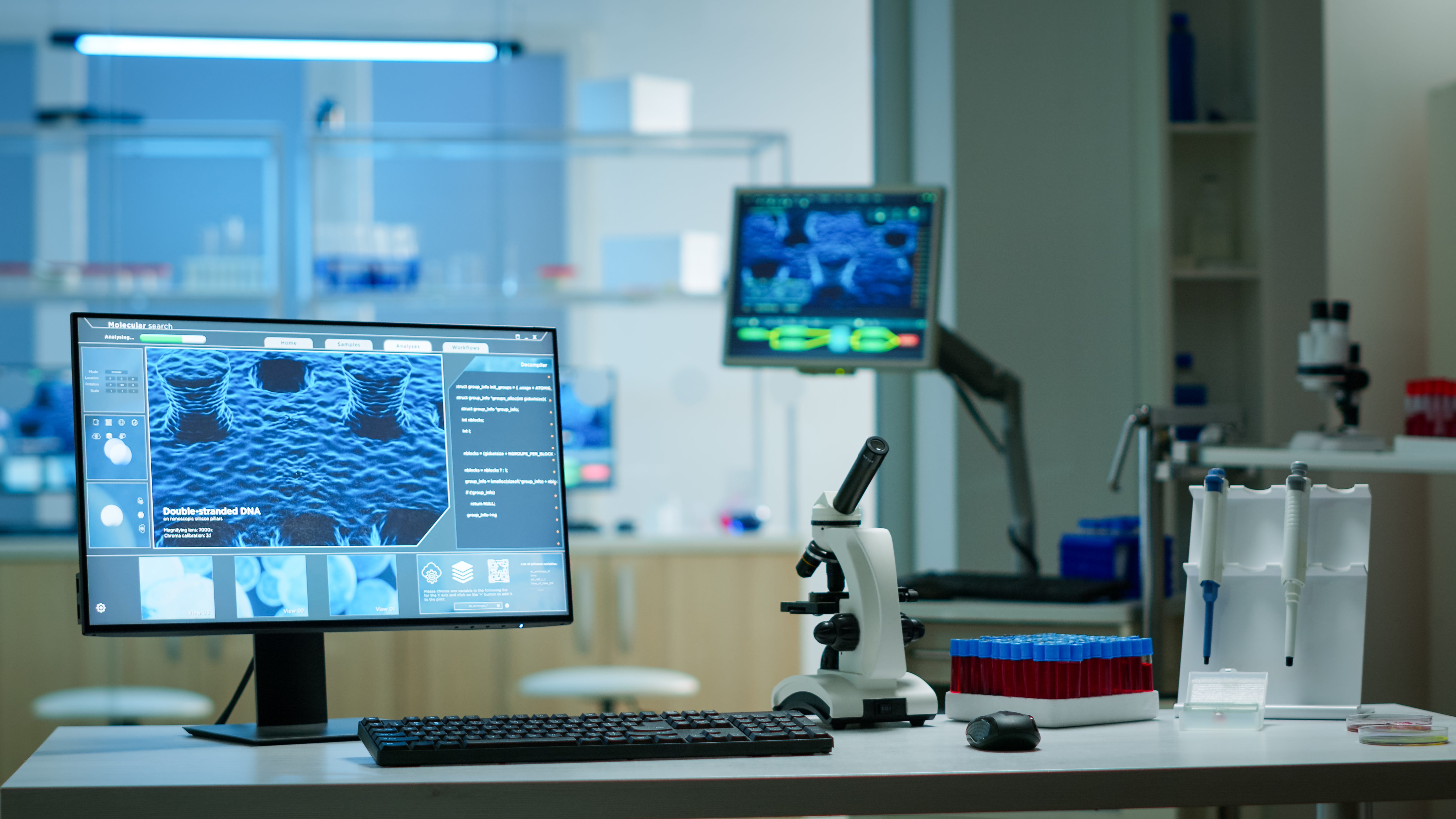How bioinformatics, AI, and big data are shaping breakthroughs in drug discovery, synthetic biology, and personalised medicine across Europe’s biotech hubs?
Introduction
The biotechnology landscape is undergoing a profound shift. Where once the laboratory bench was the sole stage for discovery, today, algorithms and vast datasets play an equally critical role. At the centre of this transformation lies bioinformatics the discipline that fuses biology with computational science to unlock insights impossible to achieve by manual analysis alone. By applying advanced data techniques to biological research, bioinformatics allows scientists to accelerate the pace of discovery, refine precision, and open new avenues in healthcare innovation.
Europe is particularly well positioned to lead this transition. The Netherlands, Switzerland, and Belgium have invested heavily in biotechnology infrastructure, nurtured collaborative ecosystems, and attracted world-class talent. With thriving research hubs, public private partnerships, and cross-disciplinary collaboration, these countries are enabling breakthroughs that extend far beyond local borders. From drug discovery pipelines to personalised medicine, European biotech is showing how data-driven methods can reshape not only the science of life but also the future of patient care.
Against this backdrop, bioinformatics is no longer a support function. It has become a cornerstone of innovation, where biology meets technology to spark transformative solutions. This blog explores how bioinformatics is accelerating biotech research and why Europe is uniquely positioned at the forefront of this revolution.
The Acceleration of Bioinformatics in European Biotech
Bioinformatics has become a key driver of progress in biotech. It is now central to:
- Drug discovery: computer tools can scan millions of molecules before testing begins in the lab.
- Synthetic biology: data is used to design organisms that produce medicines or sustainable materials.
- Personalised medicine: treatments can be matched to the unique biology of each patient.
Some clear examples include:
- CRISPR therapies are becoming safer thanks to bioinformatics tools that improve precision.
- Digital twin models that replicate a patient’s biology to test treatments virtually.
- Protein structure tools like AlphaFold are delivering answers in days instead of years.
- AI-powered research pipelines that cut the time from idea to discovery.
Europe has created the right environment for this progress. Strong investment in computing and lab facilities has laid the foundations. Public and private organisations are working together to move discoveries from theory to practice. And biotech hubs such as Leiden Bio Science Park and Swiss Biotech Valley bring researchers, companies, and investors into close collaboration, speeding up innovation.
Bioinformatics at the Intersection of AI and Biotech
The true potential of bioinformatics is revealed when it works alongside artificial intelligence and big data. This combination allows scientists to look at biology on a much larger scale, spotting patterns that traditional methods would miss.
This is already reshaping biotech through:
- Predictive models that show how patients may respond to treatments before trials.
- Biomarker discovery that finds signals to guide diagnosis and therapy.
- Drug design where algorithms suggest new compounds to test.
- Use of patient data to adapt treatments as new information emerges.
Across Europe, these approaches are moving from research into real healthcare. Precision oncology firms are tailoring cancer treatments more closely to the individual. Digital therapeutics companies are using patient data to improve day to day care. AI-powered diagnostics are helping detect diseases earlier and with more accuracy.
Partnerships are vital in making this work. Leading institutions like EMBL are teaming up with technology firms. EU-funded research projects are connecting expertise across countries. Biotech companies are working hand in hand with tech companies to bring new solutions to market.
This collaborative approach is one of Europe’s greatest strengths. By combining biology with technology, Europe is building a biotech ecosystem that is both innovative and sustainable.
Closing thoughts
Bioinformatics is changing the face of European biotech. It is speeding up drug discovery, supporting new approaches in synthetic biology, and making personalised medicine possible. More importantly, it is changing the pace of progress, making research faster, cheaper, and more reliable.
With strong investment, thriving biotech hubs, and a culture of collaboration, Europe is leading this new era. The blend of biology, data, and artificial intelligence is no longer just potential. It is here today, already reshaping healthcare and discovery.
When data meets discovery, Europe shows what is possible.
If you need support in building your team for data-driven biotech, feel free to reach out to Gabriel — he’ll be happy to help.




